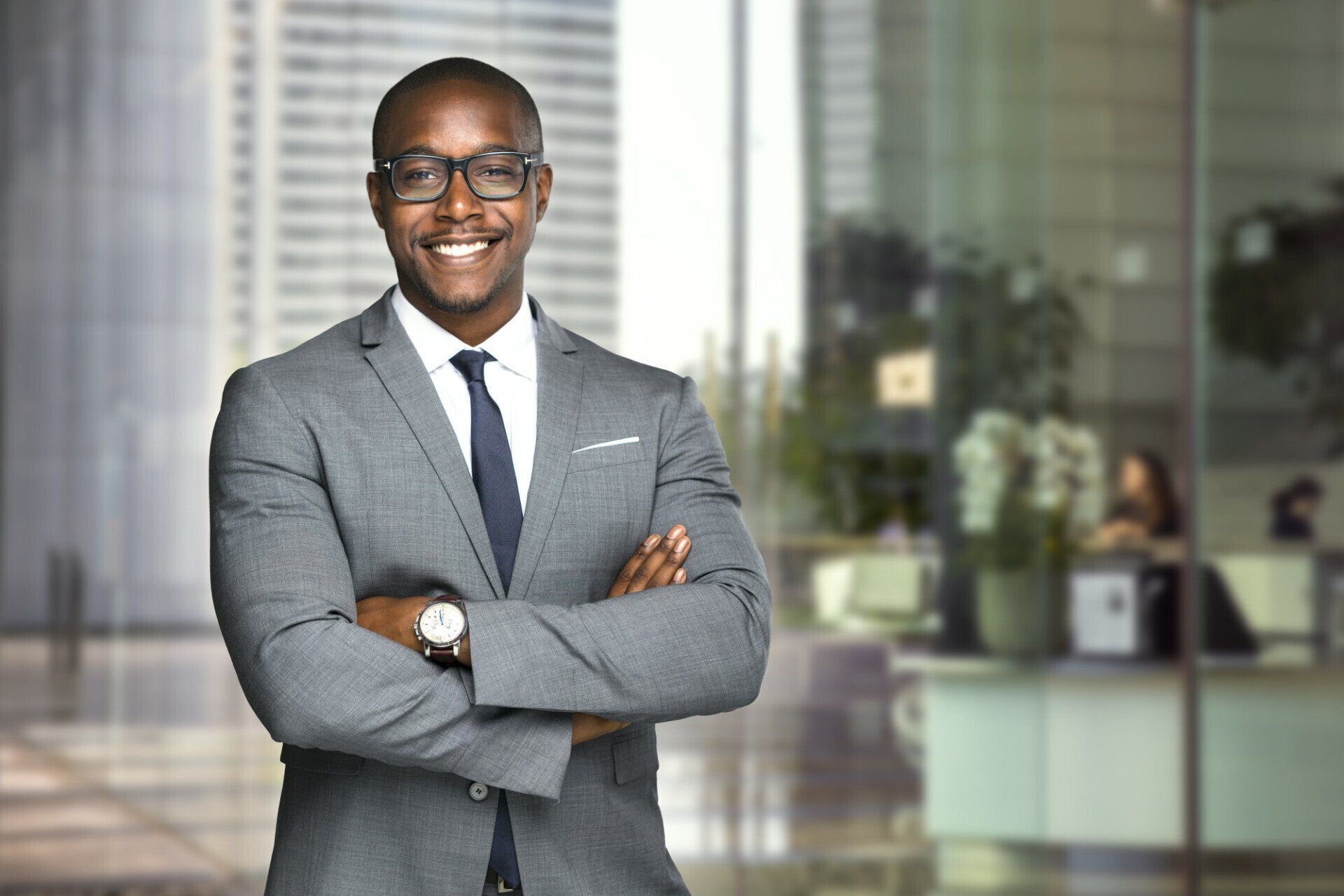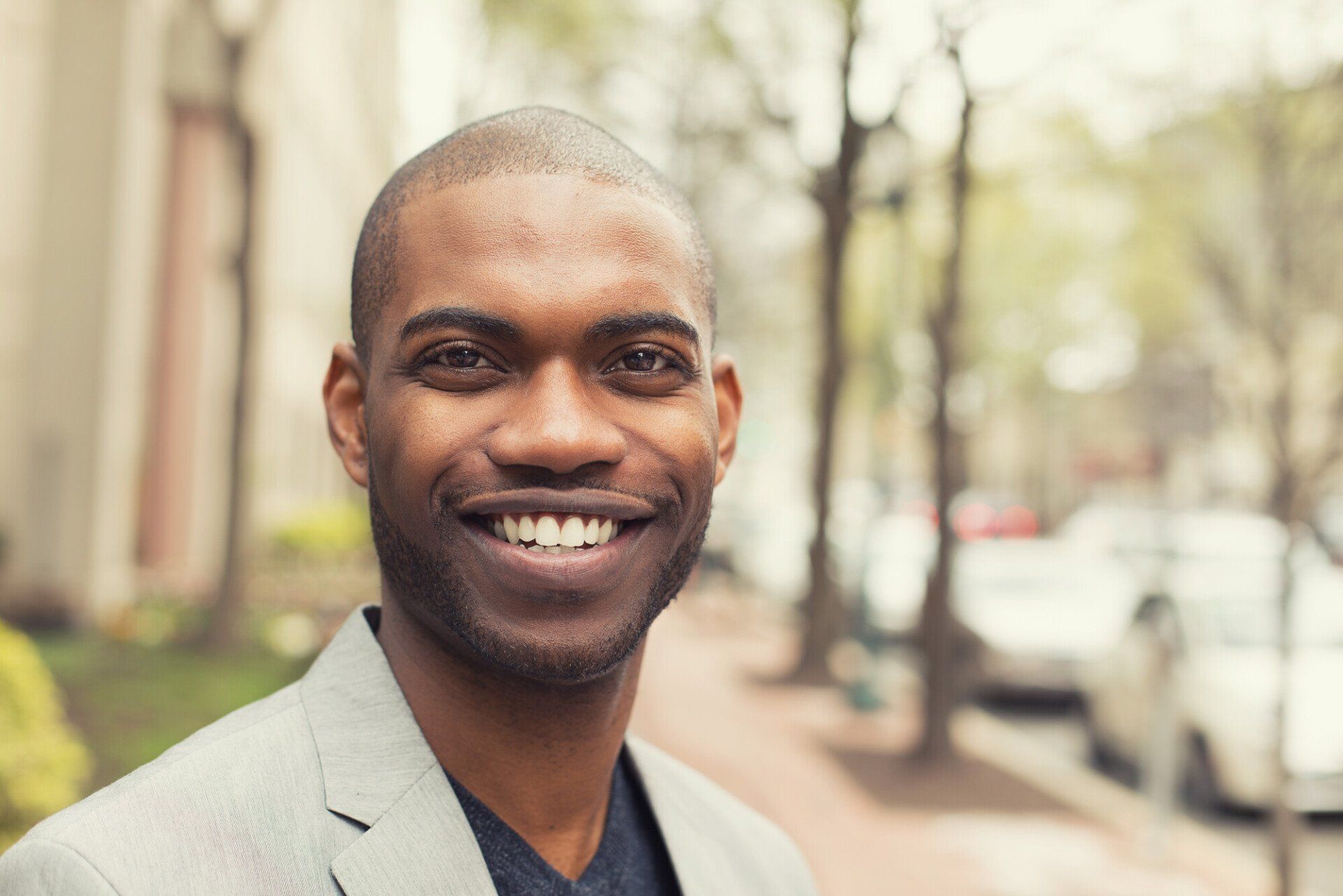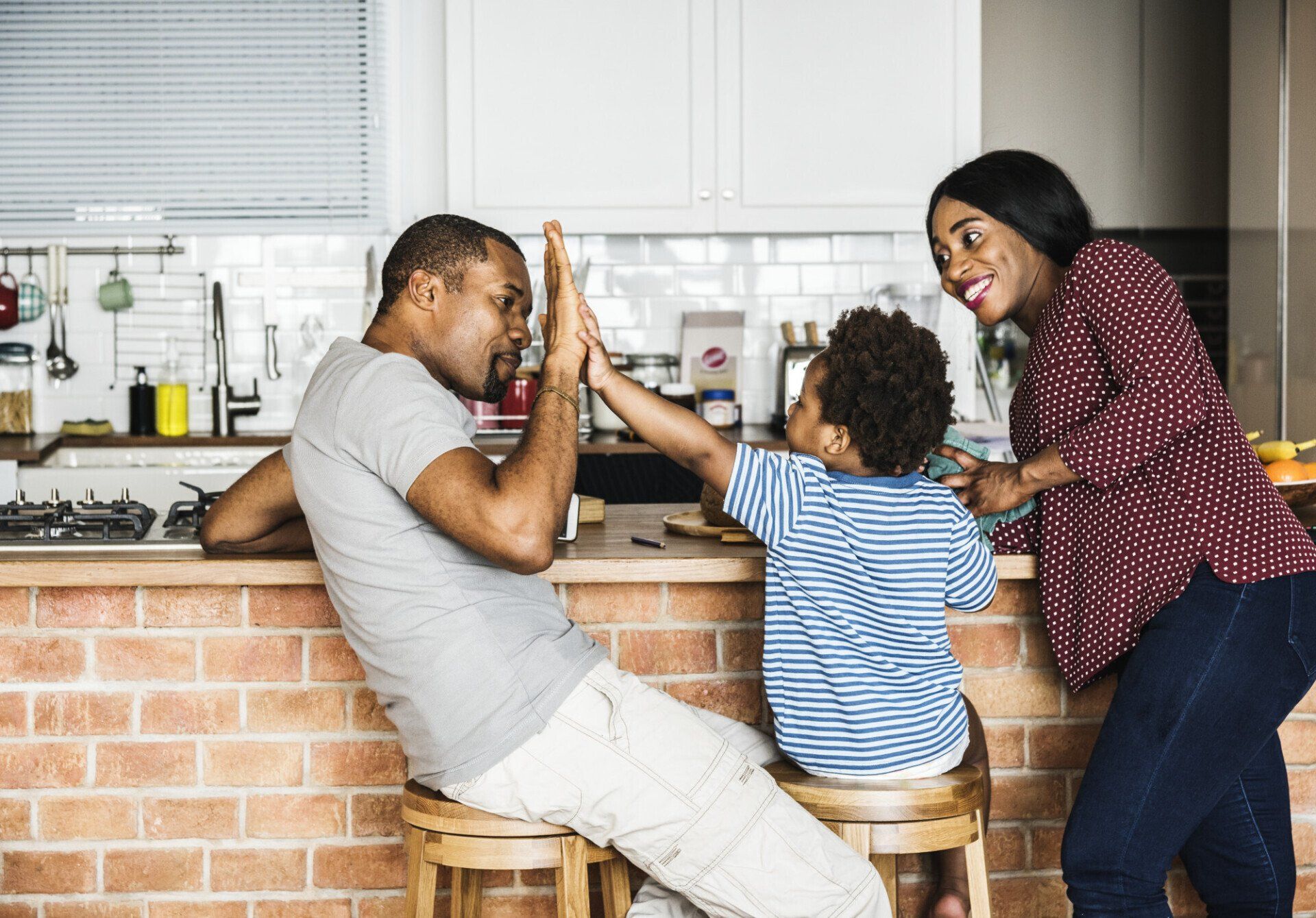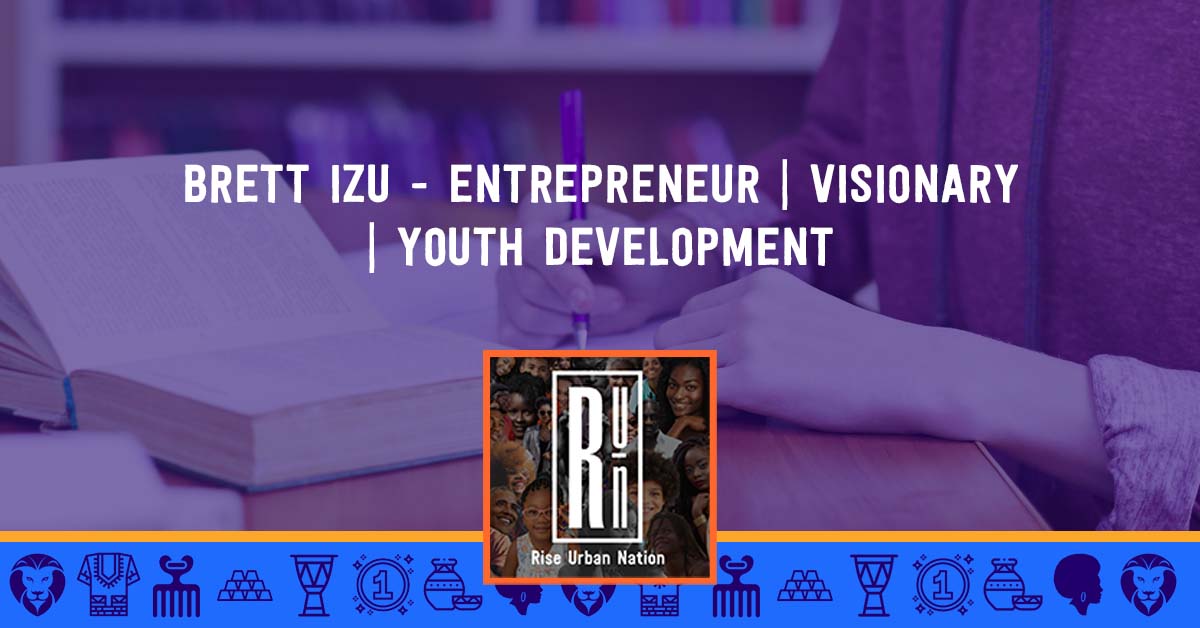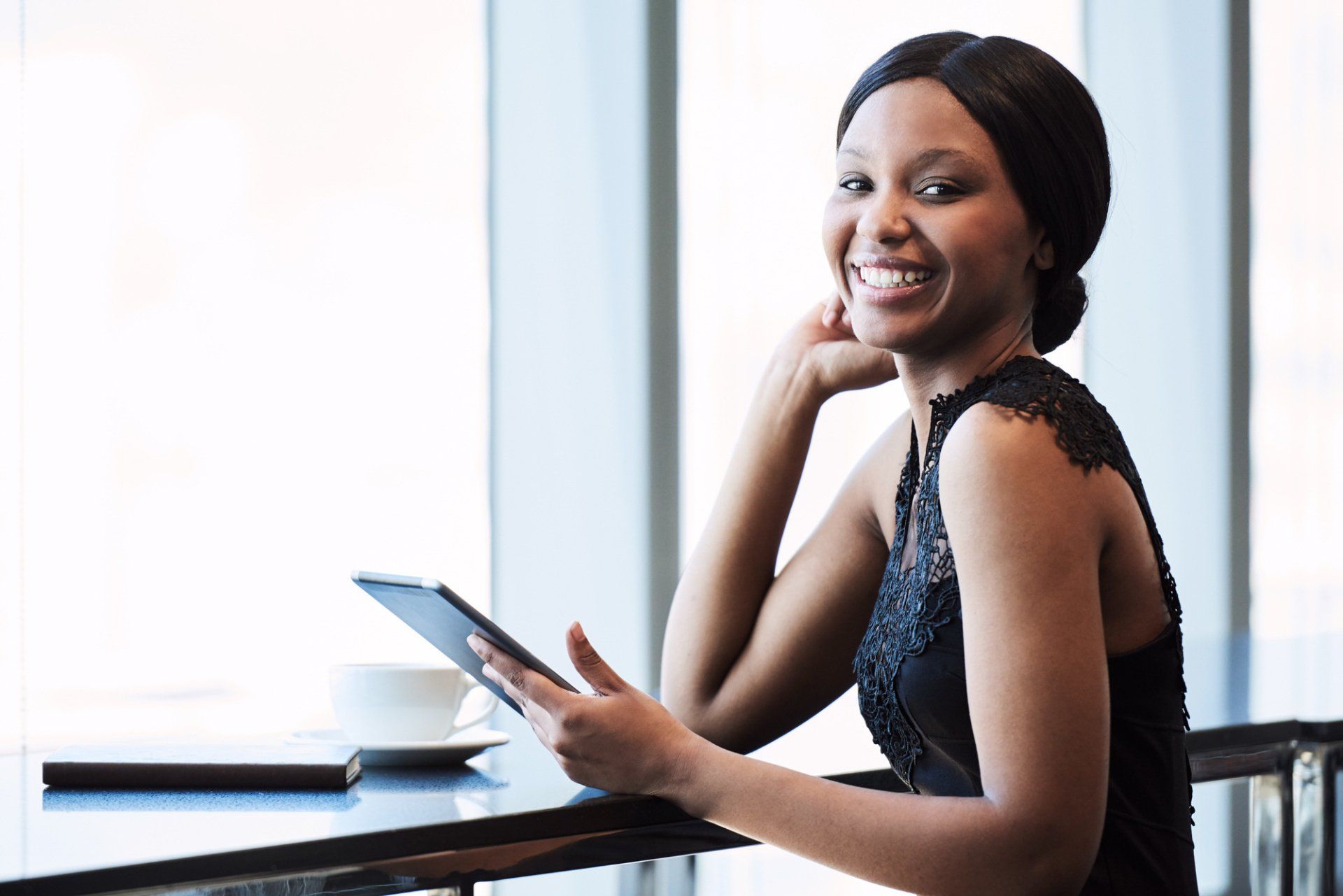Shophar Aubrey Graves - Qi Gong | Sensual Energy | Holistic Health
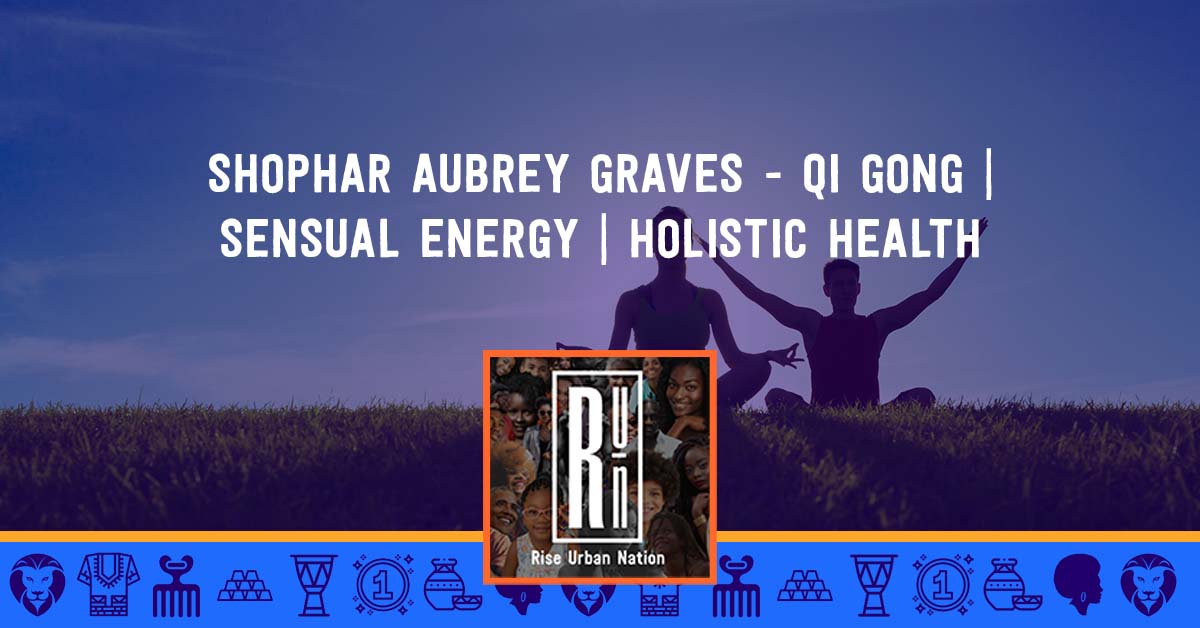
Shophar Aubrey Graves began studying Qi Gong in 2002 and Energy Body Work in 2007. Shophar learned from systems of Tantra, TCM (Traditional Chinese Medicine) Acupuncture and Chinese herbs, Hebrew Kabbalah, African Spirituality (Egyptian Tree of Life and IFA), and he uses knowledge from each modality within this unique work. He is also the author of S.O.L, Sacred Orgasmic Living, which focuses on helping people understand how to have more Intimacy in life so that they experience more Peace and Pleasure. Join your host Taryell Simmons as he goes one on one with Shophar Aubrey Graves on what it means to live in full expression.
Connect with Shophar:
Website: foshoenergywork.com
Instagram: @fo_sho_energy_work
Book: S.O.L. Sacred Orgasmic Living
Podcast: https://podcasts.apple.com/us/podcast/fo-sho-holistic-health/
YouTube: Fò Shō Holistic Health
We are currently surveying our listeners (or viewers) to learn more about you. Please take a few minutes and visit our website and click on the 'Listener Survey' link found on the home page. Thank you.
---
Listen to the podcast here:
Shophar Aubrey Graves - Qi Gong | Sensual Energy | Holistic Health
I got a special guest. In this episode, we talk to Shophar. I was introduced to him by a good friend of mine, Xtina. Shout out to Xtina. Thank you for connecting me with this brother. Xtina is my RISE sister from RISE San Diego Urban Leadership. Little did I know that Shophar was part of the RISE cohort. He graduated from RISE San Diego Urban Leadership this last session. I want to say Gen 6 if I’m not mistaken. Hopefully, I got that right.
I’m a firm believer in energy. I believe we can tap into energy and use it at the best of our ability to make decisions and put ourselves in a good mood, good zone, whatever you want to call it, in life. He is the author of S.O.L. Sacred Orgasmic Living. He goes above and beyond going through breathwork, sensual energy, and traditional Chinese medicine.
He is a practitioner who uses different things like podcast, group couples, and individual healing sessions to help support others to heal and explore their sensuality. He has a unique take on this. I hate using the word unique because I don’t feel like it does enough justice to his enlightenment on energy and sensual healing.
He has a whole bunch of acronyms that he uses, which you will learn in this episode. It made me want to explore deeper to learn more from a level of curiosity of wanting to know how this energy work or this light work that healers in the space often speak of. I have tapped into it on the surface but I haven’t had the opportunity to dive this deep until I had the conversation with him in this episode. Sometimes, I may explore a little bit when I talk to my girl, Xtina. Without further ado, I want to dive into the episode. Here is my brother, Shophar.
---
I got my guy, Shophar, in the building. Where are you joining us, Shophar?
I’m in San Diego, California.
You threw me off that beautiful background. You guys can’t see this. Shophar, can you break down the background because there are so many different elements that have taken me to a faraway land? Explain the background to the people, all these little textiles you got behind you so that the people reading can feel like they are here with us.
We are going to take a journey through India because my lady is from India. What we have in the background here is a bunch of different various sarees. We got yellow, pink, blue, green, and orange ones. On either side of me, left and right-hand side, we have two heads of the Buddha. We definitely want an international fight.
I thought you were in the faraway land for a second. Shophar, we got connected through a mutual friend of ours. Who is that mutual friend? Let’s jump into that.
Christina. I know we both have RISE in common. This is something that we do for a community action plan or project. That was from Christina as well.
If people have good toe-curling, healthy sex, that could change and heal the world.
Christina is my soul sister. I love her to death. She was on one of my earlier episodes. I met her through a startup weekend. Do you know how you met somebody and you got this kindred like, “This is fun right here,” when you first meet up? That is how me and her connected. How did you and Christina connect?
It was the same way. My lady and her brother were holding a workshop and Christina was at the workshop. That is where we met and everything. On Instagram, we connected there, and then she told me about RISE. When she found out what my lady and me do, she was like, “You both need to become RISE fellows.” My lady didn’t have time or anything for it, but I looked into it and I was like, “This looks like it would be a good fit.” I put in my application and everything, and I was accepted.
Which gen are you with RISE?
I get mixed up on a number. I think we are Generation 6 but we were 2020, so whatever generation 2020 was.
That is a tough year to be at RISE because everything probably went online for you. I was in Gen 3. I’m also in another leadership program called Rockwood, which I’m doing online. It is two different experiences. Both are great experiences, but that in-person experience takes it to a deeper level. I’m not trying to water down your experience but there is something about it for me doing both of these programs.
I agree with you, Taryell, because we had two experiences where we were in-person and we have still maintained it, but it is not the same.
We know the leadership program is how we met. What do you do?
Even when I say what I do, a lot of times, people still have no concept of what I do. Trust me. I have tried to break it down to the elevator pitch or simplify it. If you still, at the end of it, don’t get it because it is different, ask me to explain it more. I feel like your understanding is also important for the readers. In a nutshell, what I try to say is that I work with sensual energy, so it is with people’s sensuality. I’ve come up with an acronym called SEX, Sensual Emotional eXchange. In SEX, we have a physical component, which is essential. That is the physical, and then we have an emotional component, and then understanding the exchange of the two.
Are you a sex therapist?
No, I’m not a licensed sex therapist or anything. There are about three different things that we do. Number one is my lady and me is working with couples, showing couples how to connect deeper. She works with just women to help them heal or have different things. The same thing, I work with just the father sometimes to help them learn different things about their sensuality and everything. All of these things come together.
Deeper than the sex is more of actual energy exchange, social and emotional literacy, and all those components put into one.
For me, this approach to our sensuality and emotionality can heal the world. A lot of the problems that we see in society is because we all come from sex. When we have fundamental misunderstandings or false beliefs around sensuality and do not understand how we work energetically in that way, it is going to throw off other aspects of our life, how we get our money, or our outlook on life and everything. In other words, if people were having good toe-curling, healthy sex that could change and heal the world.
If your energy is right, a lot of things come into alignment. You are able to tell when somebody’s energy is off when they are around you. You are able to reach and connect into that, whether you want to call your third eye, spirit, or that gut instinct that you get when you are trying to make a decision on something to move things forward. You can listen to that internal and work through it instead of letting it control you in how you react and how you show up.
Here is my thing when we talk about men and women. This is more of a question that I’m curious about. Men were able to have two chromosomes, the feminine and the masculine. Females have the masculine chromosomes so we can go between both worlds. How do you find in the work that you do, you get men to tap more into their sensuality, their feminine chromosome, when they grow up in a world that focuses on a masculine chromosome?
We work with men and women, but I would like to honor too that there are all these different expressions of sensuality or sexuality that we work with. We work with bi or non-binary couples as well. They show up in different ways, so there are different expressions. We may be in a masculine body but have a feminine expression like you were saying. My experience is that the feminine has a strong masculine component as well.
What I would like to say is when we get into the theory of yin and yang and Chinese medicine, the way that the Chinese explained the yin and yang or the feminine-masculine energy is they are inseparable. When we separate them, that is when we have what we call death. That is when we expire in this consciousness and we go on to another.
What I mean is right now, as we are breathing, this is a yin and yang, male and feminine aspect. As we exhale, inhale, or it is a heartbeat, sending blood out into the arteries and then taking blood back in from the veins. That is feminine and masculine, so we can’t escape. All beings have feminine masculine energy.
Where we fall on that scale, we all have unique expressions of it. In one situation, we may show up a little bit more feminine and more receptive. In another one, we may be more dynamic and taking charge. The thing that has happened in our patriarchal society, though, is that it is asking for almost all beings to show up in a masculine way. Whether we are feminine or masculine, it is asking us to have certain dominant traits and not be a place of receptiveness.
In a patriarchal society in general, most of us are taught that the feminine is weak. The underlying message is that feminine energy is weak and there is something wrong with taking time to rest like, “I got to be on the grind. I got to get this money. I got to make it happen. I got to do 100 calls today and grind. That is where the success is.” There is power in that, but there is also a power in wrestling and allowing things to come to us. The egg doesn’t go to the sperm. The egg just sits where it is, ovulates, and opens. The flower doesn’t go anywhere. The flower just sits there and opens and the masculine comes to it.
That is power in itself right there. It is interesting that you talk about that because I have been sitting with the term power and what is power. Being able to tap into the feminine could be a powerful thing. Sensuality could be the thing that could heal and move this world forward. I get it now after you explained how we got too much testosterone walking around here. We need the feminine touch around here.
As my mind looks at it, if I look at every great achievement or movement within our society, I feel it had a feminine touch to move us forward. Specifically, I look at the Black women’s role from slavery holding down to households, White and Black. The young lady that gave that beautiful poem at the inauguration to specifically Black and Brown women who are stepping up nowadays as entrepreneurs, building things for community, uplifting community, and their entrepreneurial spirits, I do like where you are going with that. I’m curious. How did you get on this career path because this is not a normal career path? How would you get down this road to where you are now?
While there is a power to grind all day, there's also a power in resting—to allow things to come to you.
I do want to speak to one thing about Black women. One of the major problems in America is that it has not honored the Black woman. When we talk about America has not honored the feminine in general, White women, Black women, and men, but definitely the womb of the Black woman has been misused in this country and continues to be not acknowledged. Until America gets that right, it is going to deal with certain problems. I wanted to make space for that. There is healing that is specific to Black women that need to be addressed.
To your other question of how did I get into this is interesting. I had some dynamic managers and staff. I worked in a call center for Bank of America, they walk past, and you can hear their ovaries sizzling. Poor women are up in these situations. I was working in Bank of America. This is back in 2002. I met a gentleman who was into this. We affectionately called him Master Yao, but Yao Morris. He is a brother and he was into this. He did a book signing.
At this book sign, he was promoting one of his books and I went to that joint. I brought his book and started reading it and I could not put it down. It was on a Saturday. I kept reading through it because I’m like, “This stuff is deep. I don’t know what the brother is talking about, but it is intriguing.” He was talking about all the sacred sensuality and sexuality, men and women, yin and yang, and stuff, and it intrigued me.
Who would have thought you would get an education on sensuality in the most masculine type of environment? It is funny how life works. I like to also ask questions like, “What was your first job?” One thing I noticed to a young person or older person reading this show when I talk out into different communities, people are like, “This first job that I’m going to get, does it have anything to do with my career? I need to be out of this job.” I always tell people like, “In your first job, there are things that you can learn and still use from that job to grow into your experience now, so don’t knock the first job.” What was your first job?
I had just turned sixteen and my very first job was I scooped ice cream at a place on the East Coast. You are from DC. In the DMV, they had Friendly’s ice cream shop. I worked at Friendly’s because I grew up in Virginia.
We learned so much about each other on this show. We are connected in so many ways, Christina, RISE, and the DMV. I love it. What good lesson did you learn from your first job that you would say you still use now?
With Friendly’s, that was my beginning of at least being able to have some social skills. Scooping ice cream and working with customers, I had to at least talk to people. In junior high, I was so shy and I didn’t talk to a lot of people. When I worked at Friendly’s, I worked at the cash register, too, so I had to start interacting with people, which was helpful.
To any of my young people that are reading, that is where you get to practice in at these first jobs. You learn your social skills. If this is an office environment, you learn different acumen, so don’t knock your first job. You don’t have to get right out the gate from 0 to 60, so sometimes you need that transition phase. Through this journey that you have been on since Bank of America to now, what would you say is the best lesson life has taught you from where you are at now going on this journey?
One of the best life lessons that I have learned is I have an acronym for it called LIFE. Let’s go with that one because it will help the readers, too. LIFE, Living In Full Expression or Loving In Full Expression. In other words, what I’m saying is that one of life’s greatest lessons is to live in full expression and love in full expression. Let’s be our fullest self.
A lot of times in life, we are taught to be a smaller version of ourselves or to limit our expression. What we want to do is begin to always look to ourselves and see if there is some better version of ourselves, and usually, there is. There are some dreams or something that I could go to the forefront and push a little bit more. There is some aspect of myself that maybe doesn’t make me step into my fullness and be real about that.
Loving is like, “In what ways can I give more and more unconditional love, first for myself and then for others?” It is what the Greeks called agape. We live in a polarized world right now whether a person puts a mask on or doesn’t, you believe that the virus is real or not, Republican or Democrat, and all of these things. At the end of the day, can we have a conversation with people and learn to love them unconditionally regardless of where they fall with their belief systems and everything? That is what I mean by Loving In Full Expression or Living In Full Expression.
I
do think you have to start with yourself. How does one start to live with oneself and love oneself in full expression so that they can take that agape out into the world?
The method that I like to do is a thing called VIBE. It is an acronym that me and my lady in our workshops use. VIBE is Voice, Introspection, Breath, and Embodiment. In order to Live In Full Expression, am I being as vocal as I need to be? In other words, am I expressing myself? In life in general or with love, are you letting someone know that you love them? Are you speaking up? Are you speaking your truth?
In a situation at work where they have asked you to do more things for the same amount of money, if you love yourself, you are going to speak up. It is like, “If you want me to do more work, you need to pay me more.” That is loving yourself. In certain situations, we are not being vocal about what it is that we are feeling.
The first letter in VIBE, if we want to change the vibe and we want to have a vibe about self-love, speak up. I in VIBE is introspection, to look inward. In order to even know that you need to speak up, you might need to introspect, look inward, to see what is going on inwardly. You see behind me two pictures of the Buddha. He was known for looking inward. Jesus was a person who looked inward. Great leaders look inward to see what is going on with themselves.
The B in VIBE is for Breath. We can go without eating and go without drinking for a little bit, but we can’t go long without breathing unless we have asthma or you get Corona. Most people take their breath for granted. There are different patterns of breathing. There are different things that we can do with our breath. Breath is medicinal. The last thing, the E, is for Embodiment.
Let’s go back to the breath again. Bring that down for us. For somebody who is now knowing about VIBE, they are loving it, and they want to get more attuned to it, what does it mean breath is medicinal?
It means that a lot of what we call disease starts either on the emotional plane. Remember, we got Sensual Emotional eXchange, SEX. The sensual starts in the physical level, where maybe we are not breathing from my diaphragm. We are breathing more from our chest, which is a shallow breath. We need to have a more stomach breath down the diaphragm in the stomach, where we’re allowing our lungs to take in more oxygen.
In Traditional Chinese Medicine, TCM, they tell us that when we take a deeper full of breath from the stomach and the diaphragm, we also allow breath and energy to go down into the kidneys even. We don’t just want to breathe enough from the lungs and the heart. We want to even be breathing deep enough so that our kidneys get some of that.
That is what I mean on a sensual or physical level, and then on the emotional level, when we have different emotions that are coming up, we can tune into our breathing. If we are angry or sad, those are all different physical organs. There are different types of breathing that we can do to address different emotions that are going on. That is why it is medicinal.
I have always taught this aspect that you are talking about in a different way, mostly a little bit from the science background. Say, for example, when a person gets nervous and already highly stressed. Let’s take the job interview. What usually happens, especially if you have a fear of public speaking in your environment, you start to breathe from your chest. In turn, it means that when you are breathing from your chest, the flow of oxygen changes so that flow of oxygen that usually goes up to your brain is less now.
Call your energy back in and be in the moment. That's when you're able to play with your breath and understand what's going on in the moment.
Another thing that is happening is that little lizard brain of yours is supposed to save you from attacking tigers, lions, and bears. That gets triggered. You are not coming from the frontal cortex. You are coming from that fear-based brain that is meant to protect us that thousands of years old. Now, you are making decisions from the back of the brain and you are not getting enough oxygen because you got that shallow breathing.
From a scientific standpoint, there is a lot of things going on there. That is why sometimes people make the mistake of saying things that they didn’t mean to say or not thoughtful phrases, or they forget entirely what they said because they zoned out. They are in this zoned-out protection mode phase.
When they are in that phase, how do they start to change the pattern of behavior to breathe from a diaphragm so that they can access their frontal mind, start to get into this VIBE that allows them to use their voice, and then look at things from the right introspects, have the right breath going on, and embody that moment?
It comes down to that embodiment. I love what you were saying, the scientific breakdown. The embodiment is that last piece and that is the foundation because in order to know what is going on with our breath or what is going on with ourselves, we have to be present and be embodied. We have to be in this moment to know like, “Right now, I’m triggered. I’m seeing this on Instagram. Someone is calling me just now. My boss has said something to me, I’m in a fight or flight.”
As you were saying, the reptilian brain is kicking in. To be embodied with that means us drawing our awareness into the moment. A lot of times, if we are paying attention, it is on autopilot. We are moving through life and we are not in the moment a lot of times. We might be in one place, but we are thinking about another thing. We call in our energy back in to be embodied and be in this moment. That is when we start to be able to play with our breath and stuff more and be able to understand what is going on in this moment. It takes consistent practice to keep bringing us back to the moment.
I started doing more meditation after being triggered in an interesting society of things of events. Too much of that negative energy is coming, whether it be through your phone or the household. I’m still learning. Let’s say somebody is reading, they love everything you are saying, and they want to start this practice, be more at the moment, be in alignment with the VIBE, and they are like, “What is the first step I need to take the start to ground myself in these principles and practices? What should I start doing? I’m having a hard time. I’m struggling with it. I’m reactionary?”
I will give one step for each one of them. Start with introspection because it all starts by looking inward. Take a moment to close your eyes and look inward, see what you are feeling, see if there are any patterns that keep coming up, see if there is anything that you keep getting into a certain argument or you keep having a certain feeling. Is there something that is coming up? Maybe that is life trying to tell us something, so be honest about that. “I feel insecurity when or I feel angry when.”
From that point, is it something that I need to be vocal about? Is it something that I need to have a conversation with someone else? From there, bringing ourselves back to our breath, bringing our attention to the navel area and breathing from there, I want to make myself a potbelly. I noticed that society tells me that we are not supposed to have stomach fat, especially to the ladies out there, shout out. If you have any little bit of fat around your stomach, go get a tummy tuck.
Breathe from your navel, stick out a little bit, Santa Claus joint, and then breathe back in, but keep your stomach out. That is called water breathing. You keep your stomach fat out as fat as you can, breathe in, and then breathe out but keep it extended. This is just one patent of breath. There are so many different ways to do different patterns of breath.
At certain points, after you have come to like, “I have certain patterns where I keep repeating. I keep having the same conversation in my head over and over again or the same conversation with my mother or my lover.” Get up and move your body in a different way. Do something different with your body. This is where dance and movement can be healing.
Believe it or not, if we want to get again into the science of it, when we move our body in a different way that we never have before, we are allowing different neural pathways. We are allowing for the energy to go through. I don’t call it the nervous system because that is the trick. I call it the awareness system. That is one of my push. Because of the work that I do and everything, I want to have that talk with neuroscientists and stuff. One of my career goals is to have it changed from the nervous system to the awareness system. We should not be calling it the nervous system. It is the awareness system.
I get nervous just hearing the word nervous. It is a trigger like, “What is going on?” It is more of a stress trigger.
That fight or flight, norepinephrine, adrenaline, and cortisol, all of that is the nervous system, but I call it the awareness system.
It hits differently. When I say, “What are you saying?” We are like, “Let me be more alert and take it in.” What is happening? What is going on? How do I feel? I check in with the VIBE introspection. Make sure my breath is well, what am I embodying at this moment, and then let’s voice it. I almost feel like with VIBE, sometimes you have to start at I and then the voice becomes the last thing. I’m not sure if the acronym was written in order, but for me, as a leader, sometimes I do I, B, E, and then V. Is that correct?
It is always correct. I love what you said there. It is a good point for us to bring up for the readers. They are the god or the master. That is just a tool for them to use. I like to use acronyms because it helps me remember, but it doesn’t necessarily have to go in order. The last time we did that, we started with the I. The voice thing, because that is the thing we are going outward, that might be the last process for a lot of people. We need to breathe and embody some stuff before we go saying something out of our mouths.
A lot of people need to do that. I have been in alignment with that. This is a different type of journey. This is the first time I have ever spoken to somebody in your field and in your practice. What is some advice you would give to someone who is reading this who would like to start a career in your industry doing similar things to what you do or going on a similar journey?
Start your inner journey with the VIBE and always know that ultimately, you may find different people that you might want to learn from but never fall into guru mode. Never put people up on a pedestal. Sometimes, when we are dealing with meditation and these deep spiritual things, there is a tendency for some personalities for us to want to put that master or the sifu that we learned from up on a pedestal. They are just a person, too. If you learn from me, I’m just another human being like yourself.
Learn from people humbly but also have enough confidence that you already are that. There is a sweet spot. You don’t want to be pride and doubt. In the middle is where we want to be. We don’t want to be too prideful and we don’t want to be doubtful either. We want to find that sweet spot in the middle where there is humble confidence.
Find people who have a certain potency. With the different practices that people give you, you should be able to get something from them quickly. If it is real stuff, you should be to get something from it quickly. It impacts your life and you start to be able to quantify. This should not just be something in theory. You should be able to have quantified results in the real world that you are starting to have breakthroughs.
You could tell when you are in conversation with somebody whether it is real or it is something that is going to be a good lesson for you or something for you. I also tell people, “You are the master of yourself. Nobody can’t tell you how to be you, but you can still learn from others on how to improve yourself.” It is a give and a take. There is some synergy in that as well. What do you see in the industry? I know you want to talk to the neuroscientists and so forth. What do you think the future looks like for the work that you do? Is it building out a lab with these neuroscientists? What does the future look like? I feel like it is so vast and bright. What do you see it as?
I believe in the Sensual Emotional eXchange. We started meeting in the bedroom and we realized that we can relate in a way that is more expansive than the porn industry, more expansive than, “I put my penis in you and then move back and forth. That is all that sex is.” There is nothing wrong with that, but that is way more expensive than that and it can affect our consciousness.
Start with introspection with yourself because everything starts by looking inward.
What I see it as is that we fast forward years into the future, that Sensual Emotional eXchange, human beings being able to relate in a way that is more expansive in the bedroom or wherever we meet up in, we are going to find it. This will become a regular way of living. You won’t come to just someone like me. There will be some new benchmark for us to be striving for because every day, people will know that when we go into the bedroom, we are a more expansive being. That will take some time because we have a lot of things that are locked in our consciousness into a certain way of thinking of sex.
On my website, my mission statement says, “To help evolve and expand how people think and feel about sex.” I don’t say change because I don’t want to say that there is anything wrong with how we are already relating. When people start having more expansive sex, they are not going to get up and make bombs and make the world that we make now.
You will be in love with both. I love that that does that. Do we see it as expansive as I could go to a coffee shop and outside of my partner, I can have a sensual exchange with a friend or neighbor at the coffee shop? Do we see it like that or a one-on-one type of thing with a partner? Is it vastly like, “I have sensual exchanges with a lot of different individuals in the world,” and transform how we feel and relate to each other on a different level without the sex part, of course?
I think that it is both. Whatever resonates with us from moment to moment. I like to tell people, “If we think about getting back into the Science, we are made of hydrogen, oxygen, carbon, and nitrogen, amongst other things. They all get together in different ways. They create different molecules.” Two hydrogens and one oxygen, we have H2O.
I say all that to say that if we are made of things that get together in that way, we will start to be expansive. It doesn’t mean that we have to do something with our genitals. You are at the coffee shop and you may exchange essential moments with something. We are all sharing the same breath in the coffee shop, so we are able to have a heart connection conversation at that moment with someone, and that might be it. You might not even see the person again, but it still is something that may impact you and then allow you to go back to your home or to your lover and have an even more expansive conversation.
If we are doing the VIBE thing when we are at the grocery store, and we ask the clerk, “How do you feel?” Maybe in the future, it won’t even be a question. It is attuning into the person so deep that we feel how the person is feeling. We take a moment to breathe together and then we go on. We might not even exchange any words because words don’t mean anything.
What does beauty tell us? If I have never seen an ocean before and you tell me, “The ocean is beautiful,” you haven’t told me anything about what the ocean is. Beautiful doesn’t tell me anything. If I asked the clerk, “How are you doing?” A lot of times, most of us don’t feel safe enough to be honest, like, “I’m having a bad day.” You say, “I’m good.” What does either of those answers tells us? We need to be able to feel each other. As we start having more Sensual Emotional eXchange in society, we are going to be able to start feeling each other on a whole nother level.
It is definitely needed in this day and age and time. If people are intentional about it, it will create a lot of healing for folks as well so that we can get to that level. I love what you’re doing. What projects are you working on and where can people find you?
The practice that I’m working on is on February 12th, 2022, so Valentine’s Day weekend. My lady and me have a workshop called Evolve Love. That is a Valentine’s Day weekend workshop for couples. It can be same-sex or two single friends who want to learn together. We are doing that online. Also, on February 27th, 2022, I have a beginning of a series called Wisedome. Wisedome is at Freshly Faded Barber + Shop.
That one is going to be for the fellas but we are going to be going into breaking down some different things, spinning some conscious game and everything together. It is going to be dope. One of the things that we are going to be talking about in Wisedome is my book, S.O.L. Sacred Orgasmic Living. Other than that, also regularly, my lady and me also do Full Moon and New Moon get-togethers. The Full Moon is on Zoom, so that is a virtual experience, and then we do the New Moon in person.
What is the website where they can check you out at? Is there any social media that you want to share?
I will give you three things. First off, the website is FoShoEnergyWork.com. My email is Info@FoShoEnergyWork.com. If you want to check out my Instagram, I’m not on there anymore. I have taken a step back because of some Instagram and Facebook policies. In my opinion, they are tripping. I took a step back off of my own personal thing or whatever, but I do still have the page up. I just took the app off of my phone, all Facebook products, including WhatsApp. With that being said, my Facebook and my Instagram are still there, so people can still go up there and see stuff. It’s @Fo_Show_Energy_Work.
Email is the best way to get ahold of this man. Go to the website and you can see all the past stuff. If you want to get in with this energy, this wave, and catch this vibe, you got to email the man. Shophar, thank you so much for coming on. This has been an absolute pleasure to be with my RISE brother. Now that I know that you are my RISE brother and my kindred soul brother, we will have to stay in touch do some more things. I’m looking forward to checking out your website and what you have coming out. I got to get that book, too. Where can I get the book?
You can get it on Lulu.com. If you missed that, there is a link on my website.
Thank you for being here. Any last words of advice or wisdom to send us off with?
First off, I appreciate you for making the space, clearing the space, and for having this platform as part of your RISE thing to empower others and make sure that our voice is heard. Shout out to Christina, too, for opening up the door for me on this. That is all I want to say. I feel like we had a great session. It is a journey.
If any of these things that I said resonated with you a little bit, reach out to me. If I’m not the person to help you explore it more, I can point you in a direction. It doesn’t have to be me. If anything resonated with you, be inquisitive and have curiosity about it. The last thing I will say is the energy work. We start becoming orgasmic without even having to be touched. That is powerful stuff. We have been taught that this world works in a different way, but there is way more to it, so explore.
The first settlers of this land, the Indian tribes, had a right that was in tune with all this stuff. We are out of tune right now so it is going to take some work to get us back in tune. Shophar, it has been a pleasure. Thank you. I can’t wait to see what other works that we would get into because I have a feeling we are going to get into some.
I feel it, too. Thank you.
Important Links:
- Shophar
- Christina ‘Xtina’ Jogoleff
- RISE San Diego Urban Leadership
- S.O.L. Sacred Orgasmic Living
- Rockwood
- Friendly’s
- Info@FoShoEnergyWork.com
- Facebook - Fò Shō Energy Work
- @Fo_Show_Energy_Work - Instagram
- Lulu.com - S.O.L. Sacred Orgasmic Living
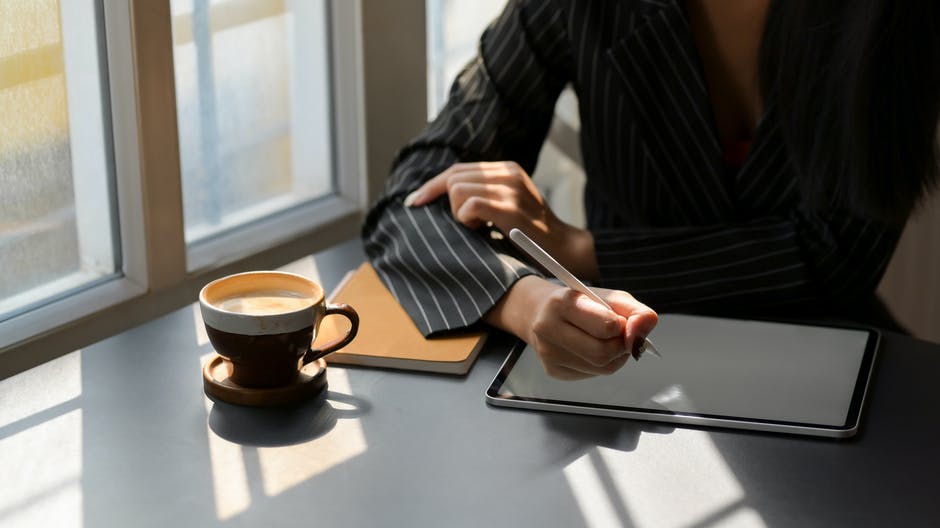
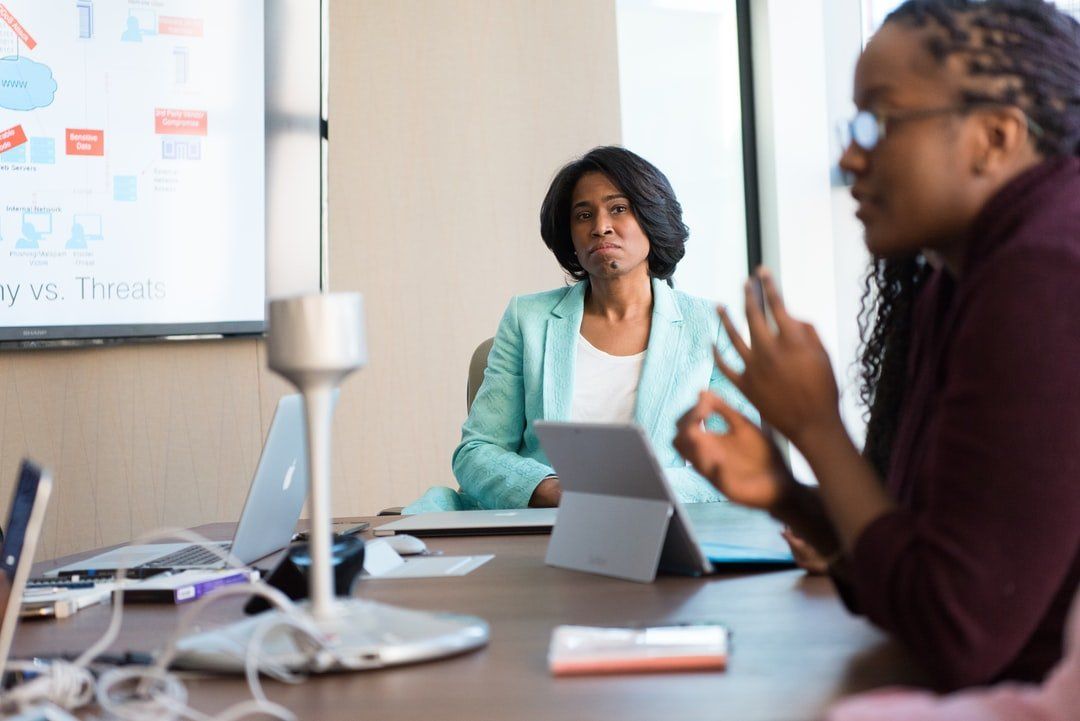

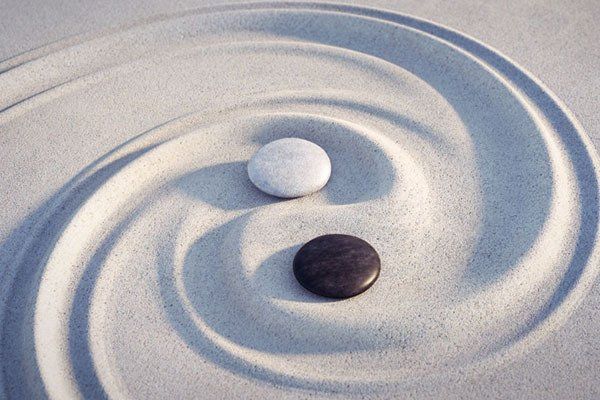 Sensual Energy: The Chinese explained that the yin and yang with the feminine and masculine energy are inseparable. When they are separated, that's when you have what is called death.
Sensual Energy: The Chinese explained that the yin and yang with the feminine and masculine energy are inseparable. When they are separated, that's when you have what is called death.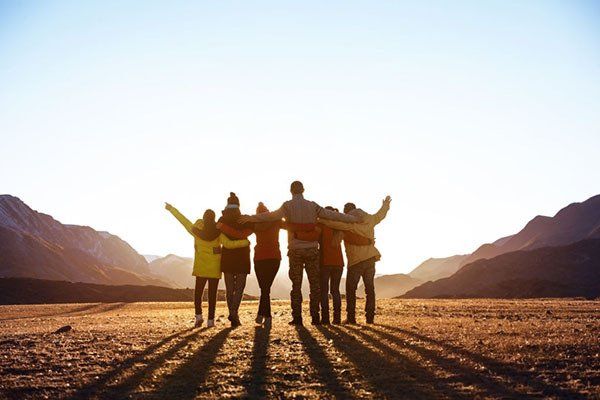 Sensual Energy: To live in full expression is to love people unconditionally, regardless of where their beliefs fall.
Sensual Energy: To live in full expression is to love people unconditionally, regardless of where their beliefs fall.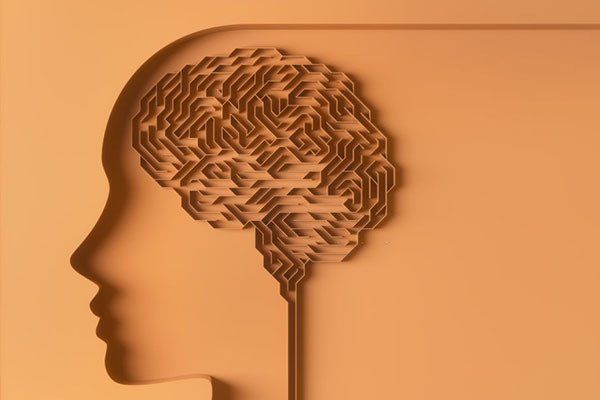 Sensual Energy: When you move your body in different ways, you're allowing energy to go through different neural pathways. These pathways are not called the nervous system; it's called the awareness system.
Sensual Energy: When you move your body in different ways, you're allowing energy to go through different neural pathways. These pathways are not called the nervous system; it's called the awareness system.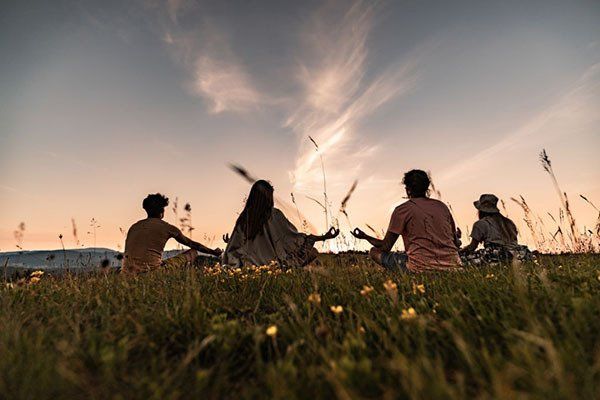 Sensual Energy: When you start your inner journey, you may find people that you might want to learn from. That's fine but never fall into guru mode. Never put those people up on a pedestal. They are people just like you.
Sensual Energy: When you start your inner journey, you may find people that you might want to learn from. That's fine but never fall into guru mode. Never put those people up on a pedestal. They are people just like you.